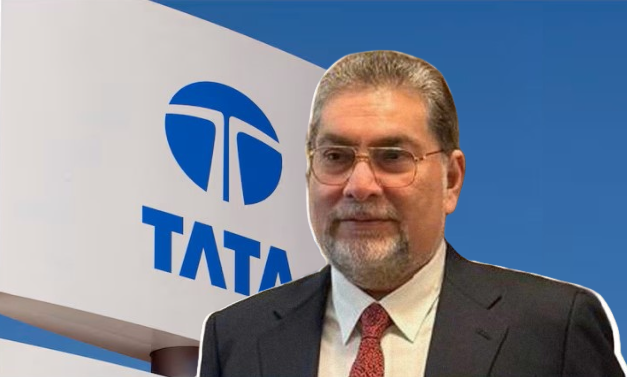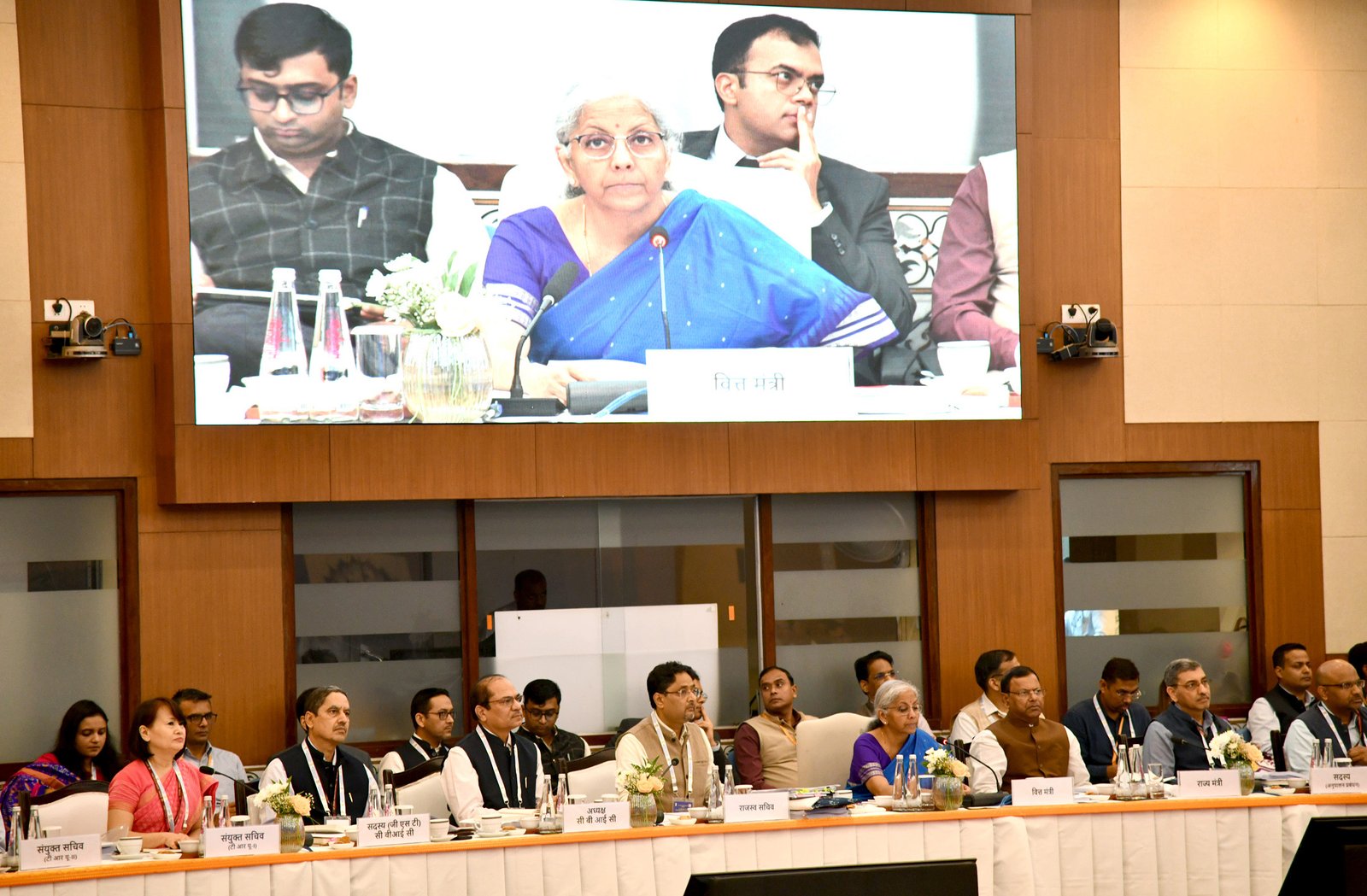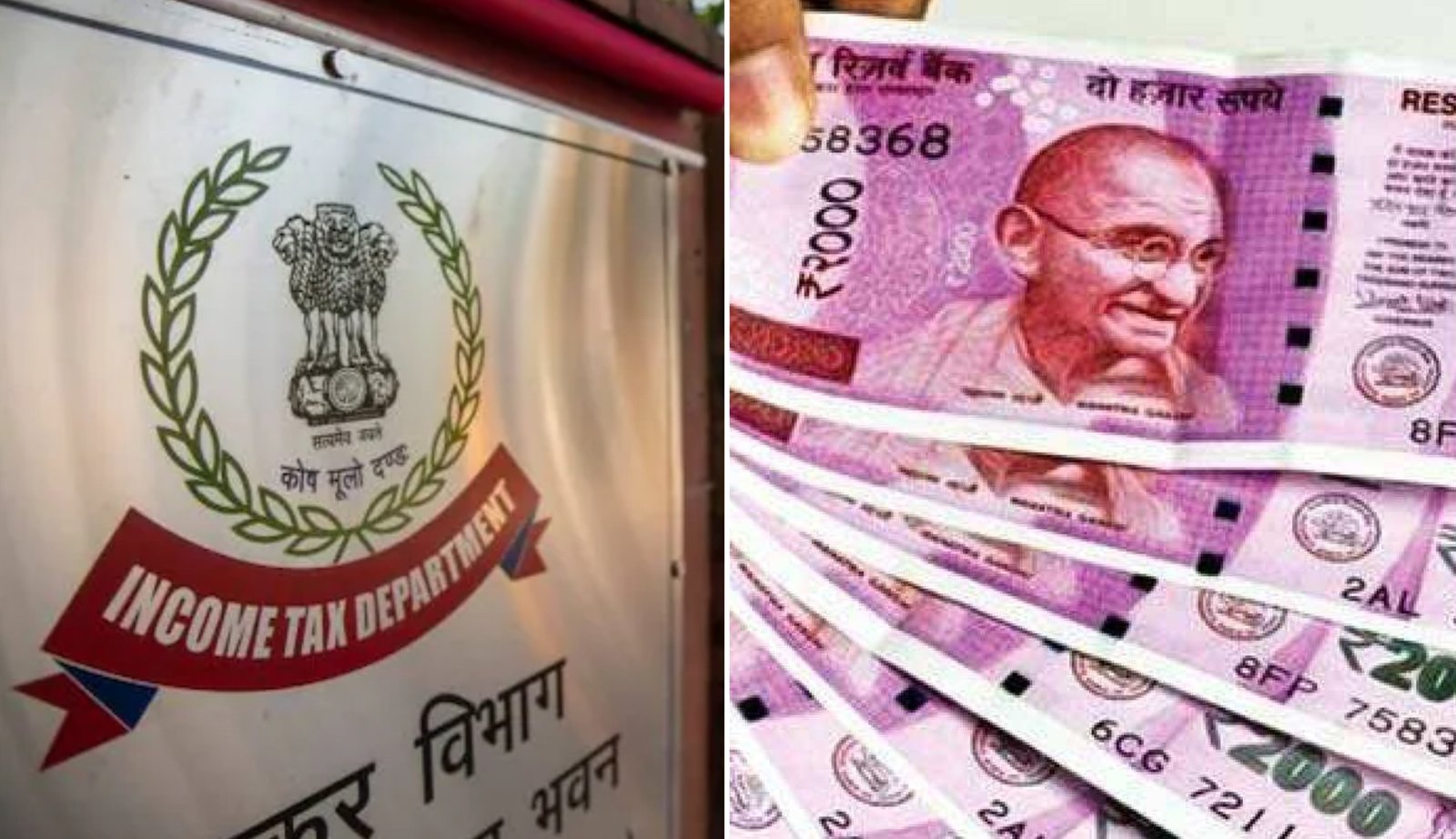Explained: NSE's co-location scam and where we stand on it now
- Rommel Rodrigues
- Feb 15, 2022

MUMBAI: The recent revelation that Chitra Ramkrishna the head, none less than the former managing director and CEO of the biggest stock exchange of the country and one of the tops of the world, making decisions for the company under the guidance of 'Yogi' based in the Himalayas through emails has bought out a years-old scam back to the fore.
Several agencies like the Central Bureau of Investigation (CBI), Income Tax department (IT Dpt), market regulator the Securities and Exchange Board of India (SEBI) are investigating the scam, however, they have been taking their own sweet time and so far no credible prosecution has been initiated.
The scam by its sheer volume proportion could run into several thousand crores and several reports that are appearing in the media can be confusing for the layperson and small investor.
We attempt to explain this in detail:
The NSE co-location scam relates to the malpractices and manipulation at India's leading stock exchange National Stock Exchange of India (NSE), in the period from 2012 to 2014 during which in a criminal breach select players were given market price information plus unfair early access to certain entities ahead of others, enabling them to front-run the rest of the market and make undue illegal profit.
Select brokers where leased dedicated spaces at the NSE co-location (Colo) facility, placed right next to the NSE exchange servers, where high-frequency (HFT) and ALGO traders can place their systems or programs. This gave them an advantage over other traders due to the improvement in latency (time taken for order execution) as even a split-second faster access gives huge gains for a trader.
In simple terms, this means that placing their own systems next to the exchange server allowed them faster access to the buy and sell orders being disseminated by the exchange's trading engine.
High-frequency trading (HFT) or algorithmic trading (ALGO) means the use of electronic systems to automatically execute thousands of orders on the stock exchange in a matter of seconds.
In technical terms, HFT is also called as Tick-By-Tick (TBT) HFT in which the data feed including every single trade happens at the exchange every microsecond. Because it generates enormous amounts of data, impossible to efficiently send over the internet or leased lines that is why these brokers use the Colo facility.
Lakhs of people are executing tens of thousands of trades on the exchange every single second and these trades in any single stock happen within microsecond intervals, TBT HFT happens at a minimum of 250 milliseconds.
So in short the scam was that - all in all, the select broker had an undue advantage over lakhs of trades by big and small investors by breaking in early and thus could make a huge amount of profit.
How was this detected and who were the beneficiaries of this scam?
We need to understand a little bit of background first. NSE began offering a co-location facility and TBT HFT to members from 2010, as mentioned in its own annual report for 2009-10. Ideally, such an implementation should be under a policy framework of the markets' regulator, SEBI, as it is its duty to ensure that there are no flaws that can be a source of market manipulation or undue advantage to some entity.
However this was bypassed by NSE and it went ahead with its plan of offering the Colo facility to brokers, it is apparent that when this was happening literally under its nose, SEBI turned a blind eye and acted in a manner that furthered the NSE’s interests.
During that time, the managing director of the NSE was Ravi Narain while her close confidant Chitra Ramkrishna (both founding members of the exchange) was the joint MD and was looking after the day-to-day management of the exchange as Narain was preoccupied with his overseas assignments.
C. B. Bhave was the chairman of SEBI a former bureaucrat who resigned from IAS to head National Services and Depository Ltd (NSDL) as MD & CEO.
In January 2015, a expose by a whistleblower blew the lid off how NSE was giving preferential treatment to some traders by helping them connect to its servers ahead of others and it opened the pandora's box of the scam.
The eight-page long letter to SEBI and some leading journalists elaborately described the whole modus operandi and the beneficiaries of the scam post naming the people behind it. SEBI began to probe the matter at its own pace and a year later the regulator served show-cause notices to 14 officials, including Narain, Chitra Ramakrishna, ex-Group Operating Officer Anand Subramanian and a dozen other senior officials who worked during that time.
In May 2018, the CBI registered an FIR against Sanjay Gupta, promoter of Delhi-based brokerage firm OPG Security, his brother-in-law Aman Kokrady and Ajay Narottam Shah.
OPG was the broker that was at the core of the Colo scam and received the maximum benefit, as being the part of the scam was provided with all multiple logins and access to NSE's secondary servers with collusion with NSE officials.
Shah along with his wife, Susan Thomas played a key role in the exploitation of NSE's TBT architecture by colluding with the exchanges' top brass to get trade data from NSE during 2005-06 under the garb of doing research. He then passed the data to a company that prepared ALGO'S that were used in the Colo facilities. Thomas is the sister of Sunitha Thomas, who is married to NSE’s trading head Suprabhat Lala during that time.
Shah procured a contract from the NSE for Infotech Financials Pvt Ltd, a company that developed the algorithmic software and sold it to market participants for dealing in the securities market. The two directors of Infotech Financials Pvt Ltd are Sunita Thomas and Krishna Dagli. So the
SEBI in its probe found that Shah had officially entered into a data-sharing agreement with the NSE after 2012 however Chitra Ramkrishna and other top NSE executives denied such a pact. The CTO of NSE, Ravi Apte, however, told SEBI that he had facilitated the transfer of data to Shah and it was requested by Ravi Narain.
After a long probe SEBI on May 2019 SEBI directs NSE to disgorge Rs 624.89 crore with 12% interest and barred it exchange from the securities market for 6 months. IT also found Ravi Narain and Chitra Ramkrishna guilty in the Colo scam and ordered Narain to disgorge 25 per cent of salary drawn for FY11 to FY13 and Ramkrishna to disgorge 25 per cent drawn for FY14.
The SEBI probe bought out all the facts of the scam involving Shah, Thomas, her sister, Lala and Dagli and indicted them, however, all of them approached The Securities Appellate Tribunal (SAT) which granted them interim relief. SEBI's charge against Lala was that he shared confidential information of NSE in a fraudulent manner with his wife, Sunita Thomas.
In 2018 a writ petition was filed in Madras High Court has sought a probe of Bhave, the then SEBI Chairman by CBI for failing to take action in the case for three years beginning February 2008.
What is likely to happen now?
It has been several years, over a decade now since the time the series were events of the scam started. It continues to be investigated by CBI, SEBI, IT Dept, although at a snail's pace. No agency is showing urgency in the matter and the culprits are having a long leash of freedom. The absolute lackadaisical attitude of the market regulator is reprehensible in a case that has already ruined the market reputation in the financial marketplace of the country built so meticulously by other institutions like the Bombay Stock Exchange (BSE) for instance. And it's taken centuries for that.
It is a known fact that several people responsible for the scam are absconding, some are living abroad, and if the agencies do not swoop down on the accused now then many of them will join the league of Nirav Modi and Mallaya.











Reporter
Rommel is our Editor. He has close to three decades of experience in leading publishing houses including, Fortune India, Observer of Business & Politics, The New Indian Express etc.
View Reporter News